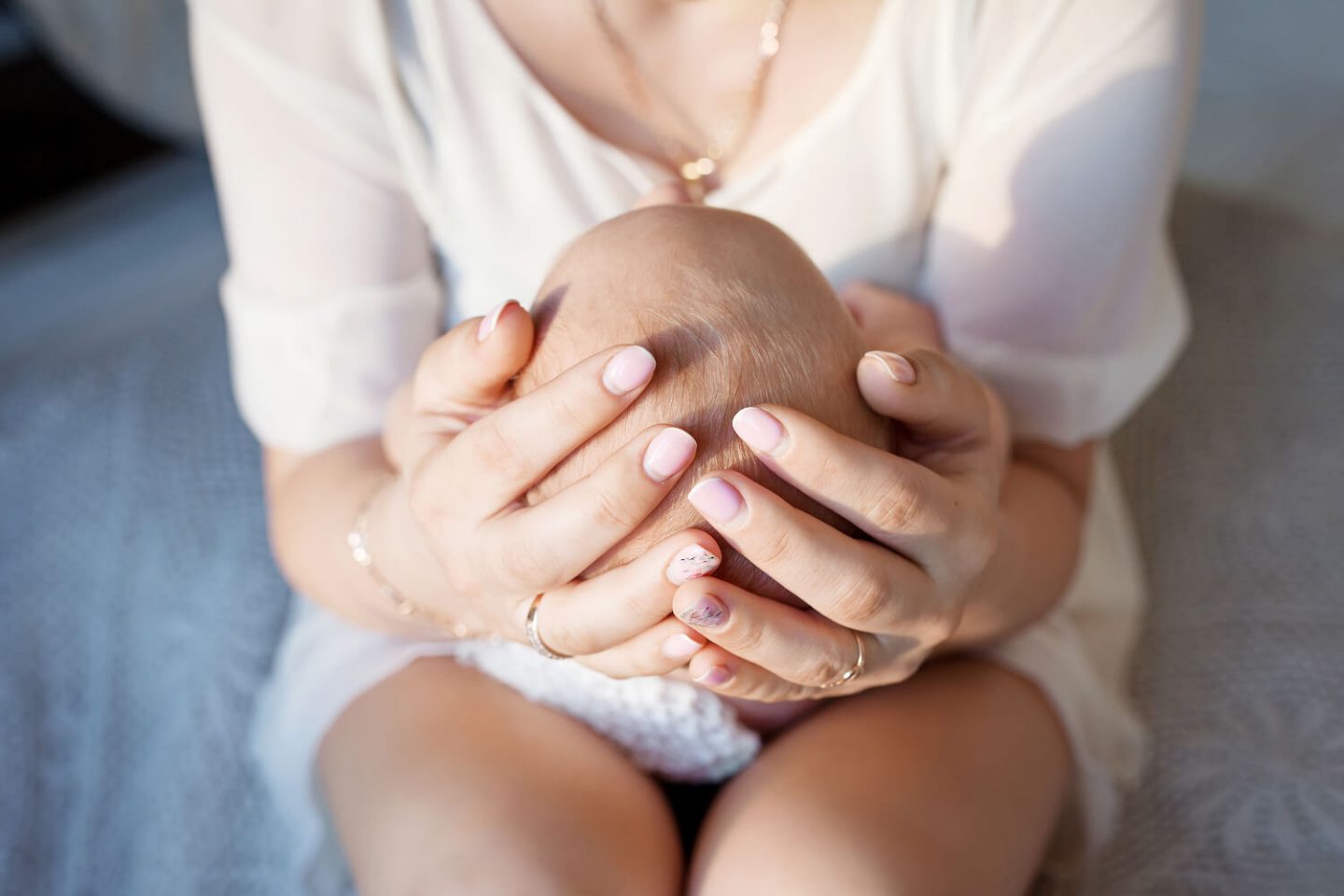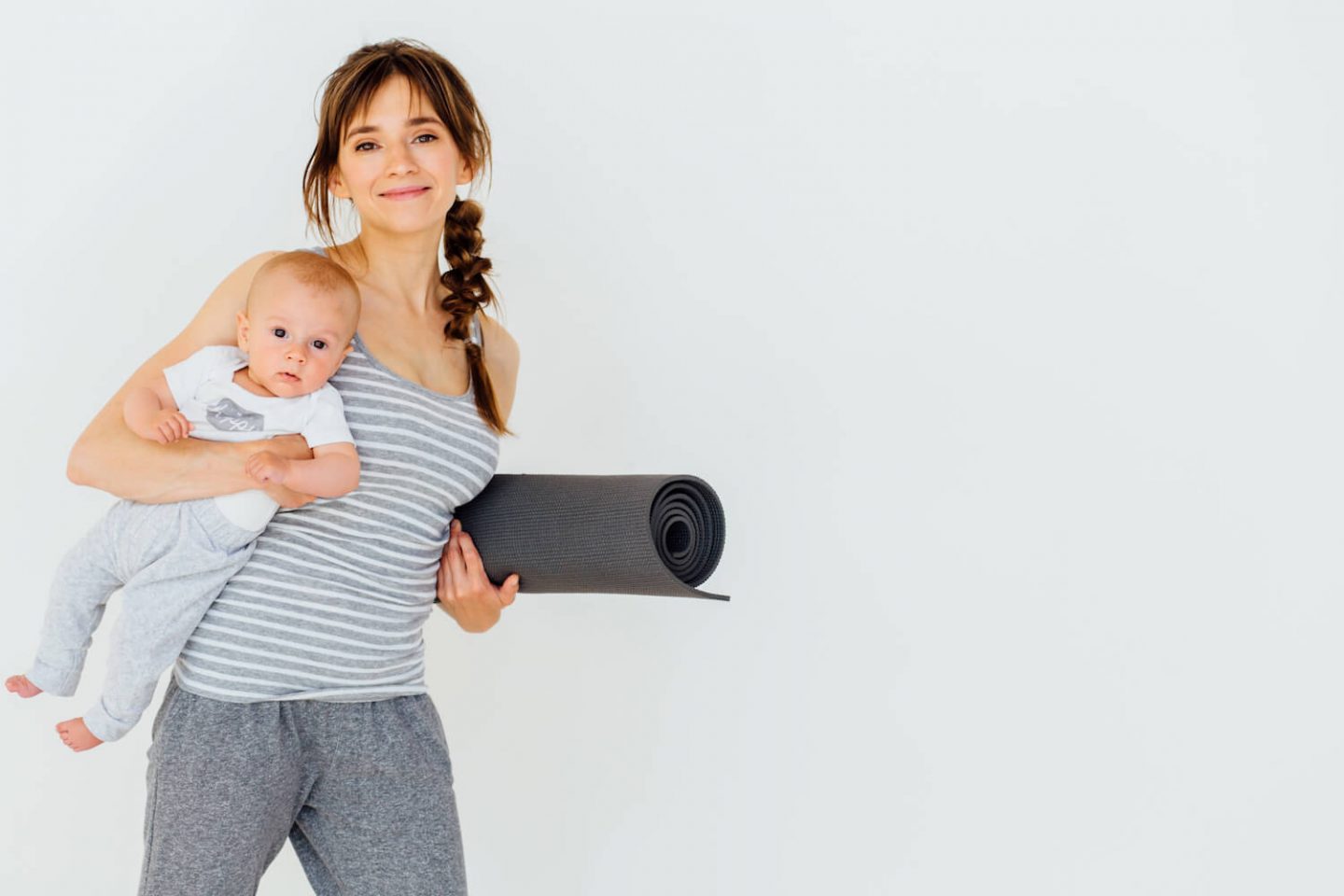We use cookies to make your experience better. To comply with the new e-Privacy directive, we need to ask for your consent to set the cookies. Learn more.
Managing Postpartum Pelvic Floor Dysfunction After Pregnancy
Managing Postpartum Pelvic Floor Dysfunction After Pregnancy
Managing Postpartum Pelvic Floor Dysfunction After Pregnancy
Guest Blog By: Davina Gordon for Keep It SimpElle
The period after a baby is born is known as the Fourth Trimester. It is a time of immense upheaval in a woman’s life, especially if she is a first-time mum. A time of adjustment, of taking on a new identity, of sleep deprivation, of anxiety and fear, of being completely responsible for a completely dependent infant.
I became a mum at 38 – on my first trip to my GP to confirm my pregnancy, I was declared a ‘geriatric’ mother. Although it is an outdated term, it struck me how the odds might be stacked against me. Thankfully, I had an uncomplicated pregnancy and I gave birth as per my birth plan. I know I’m lucky.
My contractions started on a Sunday evening around 6pm. The pain started in my lower back and continued there. It was excruciating. I went to the hospital when my contractions were a few minutes apart. I was crying with the pain and asked for pain relief. My midwife encouraged me to focus on my breathing and that I was ‘doing so well’. In the end, I used gas and air voraciously and my beautiful son was born in a birthing pool at 9am on Monday.
The Fourth Trimester began.
From the second you hold your newborn; everything changes forever. Your body, your outlook, your relationships. A woman’s body is an incredible vessel – it houses and nurtures a new life.
Sadly, a woman’s postpartum body is no longer the focus in the Fourth Trimester. Your baby’s needs are the focus, of course, but that does not mean a woman should accept any changes that happen to her body during labour and birth. Particularly when it comes to postpartum pelvic floor dysfunction.

How Common is Postpartum Pelvic Floor Dysfunction?
Approximately 1 in 4 women experiences pelvic floor dysfunction (PFD) after having a baby, irrespective of the mode of delivery. PFDs can include Urinary Incontinence (UI), painful urination, and pelvic girdle pain. 1 in 2 postnatal women has some degree of symptomatic or asymptomatic Pelvic Organ Prolapse (POP).
These are eye-popping statistics.
The NHS has committed to pelvic health clinics which is very encouraging but with the backlog brought on by the pandemic, it seems these are more of an aspiration.
Still, there is a lot of help for mothers who are suffering from postnatal issues.

Managing Postpartum Pelvic Floor Dysfunction
If you have any new issues or issues that you have had previously that have got worse, do speak to your midwife, obstetrician, or GP who can refer you to a women’s health physiotherapist or continence nurse.
Personally, I’d recommend The Mummy MOT, a comprehensive one-hour examination that assesses posture, functional movement, abdominals, and pelvic floor from six weeks postpartum. I had mine one year after my son was born and found it an excellent step to gaining autonomy of my body which is key for mental health too.
There are also exciting advancements in the femtech market. Contrelle Activgard, a soft bladder support for women suffering from Stress Urinary Incontinence (SUI) is one such innovation.
Contrelle is no newcomer, it has been around for over 10 years – mainly in the Nordic territories but is now available in the UK. It works by supporting the bladder neck and urethra. It restores the bladder neck to its natural position helping prevent bladder leaks when you laugh, cough, sneeze, or exercise.
If you want to find out more about Contrelle and order a Sizing Kit, visit contrelle.com/sizing-kit

The Fight for GreaterPostpartum Care
It’s encouraging that products like Contrelle are available for women to live the lives they want without having to rely on wearing pads – which irritatingly dominates the narrative that ‘oops moments’ are normal.
It's just not acceptable in this day and age and I wonder if urinary incontinence was a male problem, would there still be such unacceptable inequalities in care. Incontinence is a huge barrier to returning to work, to exercising, to socialising. Yes, incontinence is all too common but not at all normal.
I feel there must be a wider societal change where issues such as ‘leaky bladders’ are not normalised and more value is placed on a woman’s quality of life. We should be rewarded for being able to create life. Sadly, it seems we are punished – physically and mentally. We deserve better, as life-givers, as care providers, and as a major part of the UK workforce.
While I do not suffer from incontinence, it doesn’t make me any less passionate about fighting for better awareness, for better education of women’s health issues. ‘It only takes one voice at the right pitch to start an avalanche. Let’s start one.








